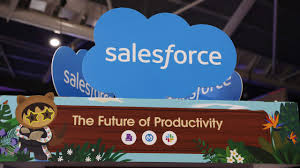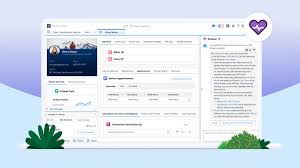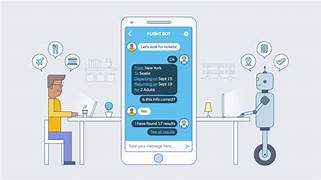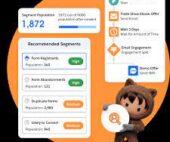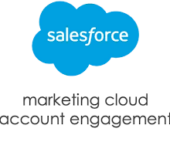Gen AI Trust Layers
Addressing the Generative AI Production Gap with Trust Layers Despite the growing excitement around generative AI, only a small percentage of projects have successfully moved into production. A key barrier is the persistent concern over large language models (LLMs) generating hallucinations—responses that are inconsistent or completely disconnected from reality. To address these issues, organizations are increasingly adopting AI trust layers to enhance reliability and mitigate risk. Understanding the Challenge Generative AI models, like LLMs, are powerful tools trained on vast amounts of unstructured data, enabling them to answer questions and complete tasks based on text, documents, recordings, images, and videos. This capability has revolutionized the creation of chatbots, co-pilots, and even semi-autonomous agents. However, these models are inherently non-deterministic, meaning they don’t always produce consistent outputs. This lack of predictability leads to the infamous phenomenon of hallucination—what the National Institute of Standards and Technology (NIST) terms “confabulation.” While hallucination is a byproduct of how generative models function, its risks in mission-critical applications cannot be ignored. Implementing AI Trust Layers To address these challenges, organizations are turning to AI trust layers—frameworks designed to monitor and control generative AI behavior. These trust layers vary in implementation: Galileo: Building AI Trust from the Ground Up Galileo, founded in 2021 by Yash Sheth, Atindriyo Sanyal, and Vikram Chatterji, has emerged as a leader in developing AI trust solutions. Drawing on his decade of experience at Google building LLMs for speech recognition, Sheth recognized early on that non-deterministic AI systems needed robust trust frameworks to achieve widespread adoption in enterprise settings. The Need for Trust in Mission-Critical AI “Sheth explained: ‘Generative AI doesn’t give you the same answer every time. To mitigate risk in mission-critical tasks, you need a trust framework to ensure these models behave as expected in production.’ Enterprises, which prioritize privacy, security, and reputation, require this level of assurance before deploying LLMs at scale. Galileo’s Approach to Trust Layers Galileo’s AI trust layer is built on its proprietary foundation model, which evaluates the behavior of target LLMs. This approach is bolstered by metrics and real-time guardrails to block undesirable outcomes, such as hallucinations, data leaks, or harmful outputs. Key Products in Galileo’s Suite Sheth described the underlying technology: “Our evaluation foundation models are dependable, reliable, and scalable. They run continuously in production, ensuring bad outcomes are blocked in real time.” By combining these components, Galileo provides enterprises with a trust layer that gives them confidence in their generative AI applications, mirroring the reliability of traditional software systems. From Research to Real-World Impact Unlike vendors who quickly adapted traditional machine learning frameworks for generative AI, Galileo spent two years conducting research and developing its Generative AI Studio, launched in August 2023. This thorough approach has started to pay off: A Crucial Moment for AI Trust Layers As enterprises prepare to move generative AI experiments into production, trust layers are becoming essential. These frameworks address lingering concerns about the unpredictable nature of LLMs, allowing organizations to scale AI while minimizing risk. Sheth emphasized the stakes: “When mission-critical software starts becoming infused with AI, trust layers will define whether we progress or regress to the stone ages of software. That’s what’s holding back proof-of-concepts from reaching production.” With Galileo’s innovative approach, enterprises now have a path to unlock the full potential of generative AI—responsibly, securely, and at scale. Like Related Posts Salesforce OEM AppExchange Expanding its reach beyond CRM, Salesforce.com has launched a new service called AppExchange OEM Edition, aimed at non-CRM service providers. Read more The Salesforce Story In Marc Benioff’s own words How did salesforce.com grow from a start up in a rented apartment into the world’s Read more Salesforce Jigsaw Salesforce.com, a prominent figure in cloud computing, has finalized a deal to acquire Jigsaw, a wiki-style business contact database, for Read more Service Cloud with AI-Driven Intelligence Salesforce Enhances Service Cloud with AI-Driven Intelligence Engine Data science and analytics are rapidly becoming standard features in enterprise applications, Read more




